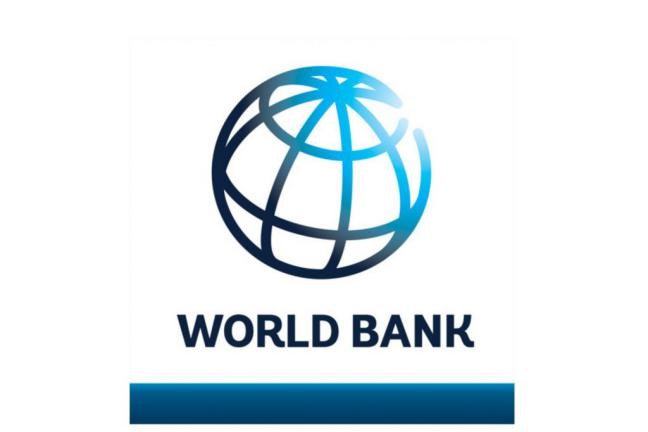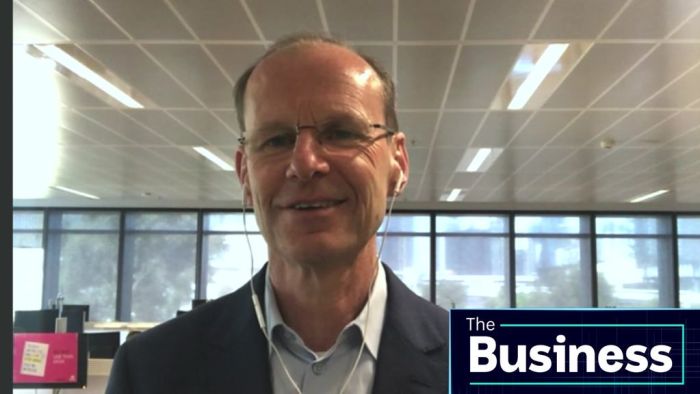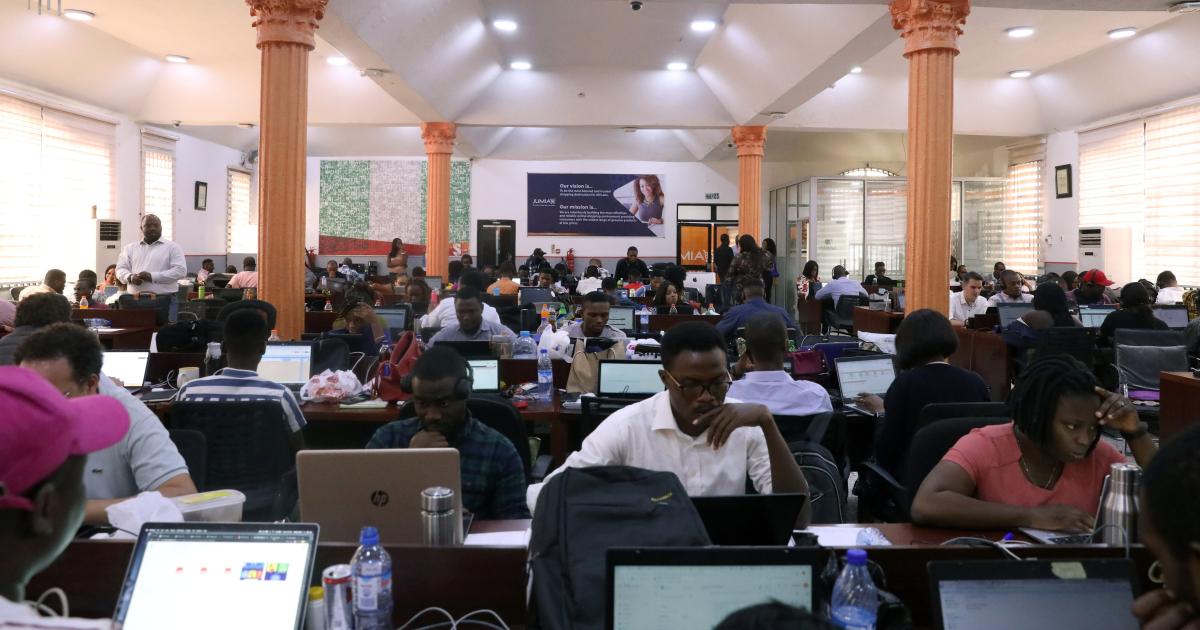According to a report on the website of the Wall Street Journal in the US on January 5, before the outbreak of the covid-19 pandemic, the World Bank had lowered its forecast for global economic growth in the ten years starting from 2020. The World Bank said on Tuesday that the pandemic is intensifying this trend, and the possibility of a “lost decade” is increasing in the future. The World Bank also lowered its forecast for economic growth in the coming year.
The World Bank’s “Global Economic Outlook” semi-annual report stated that the reason for lowering the long-term forecast was because the uncertainty caused by the pandemic has reduced trade and investment, and the impact on education would also limit the increase in labor productivity.
The World Bank’s Acting Vice President for Fair Growth and Finance and Institutions said in an interview: “If history is used as a reference, we believe that unless major reforms are implemented, the global economy will move towards a decade with disappointing growth figure.”
Before the outbreak, the World Bank predicted that due to an aging population and slower productivity growth, the potential growth rate of global output from 2020 to 2029 would fall from an average annual rate of 2.5% in the previous decade to 2.1%. On Tuesday, the World Bank lowered its forecast to 1.9%. Potential output assumes that the world economy maintains full employment and reaches full production capacity.
The World Bank said that after a 4.3% decline in 2020, the global economy is expected to grow by 4% this year. Its forecast for 2021 is 0.2% lower than the forecast made in June 2020, reflecting the return of the virus and the impact of a new round of restrictions on economic activities.
The World Bank currently predicts that the average annual growth rate of emerging markets and developing countries from 2020 to 2029 will be 3.3%, lower than the 4% predicted before the epidemic and the 5% reached in the last decade. The World Bank’s mission is to reduce poverty by providing loans and advice to developing countries.
Coser said: “The world cannot wait and rely on everyone to be vaccinated to prevent the  global economy from experiencing another lost decade. This means that policymakers must take action to defeat this pandemic.”
global economy from experiencing another lost decade. This means that policymakers must take action to defeat this pandemic.”
He called for investment to improve technology, health care, education, and the environment, while improving governance and debt transparency, especially in emerging countries and developing economies.
The downward revision of the global economic growth rate in 2021 largely reflects the slowdown in the growth of advanced economies. The World Bank currently predicts that the US will grow by 3.5%, down from the 4% forecast in June 2020. The Eurozone is expected to grow by 3.6%, lower than the 4.5% previously forecast. Driven by China, emerging market economies are expected to grow by 5% in 2021, higher than the 4.6% previously forecast. The World Bank predicts that China, the world’s second largest economy, will grow by 7.9% this year. The World Bank’s latest forecast is that China’s growth rate last year was 2%, making it the only major economy that has escaped an economic downturn.
The 4.3% drop in the global economy last year was slightly better than previously expected. This is mainly because stronger government stimulus measures have narrowed the decline in advanced economies. The World Bank said China’s recovery has also played a role.










